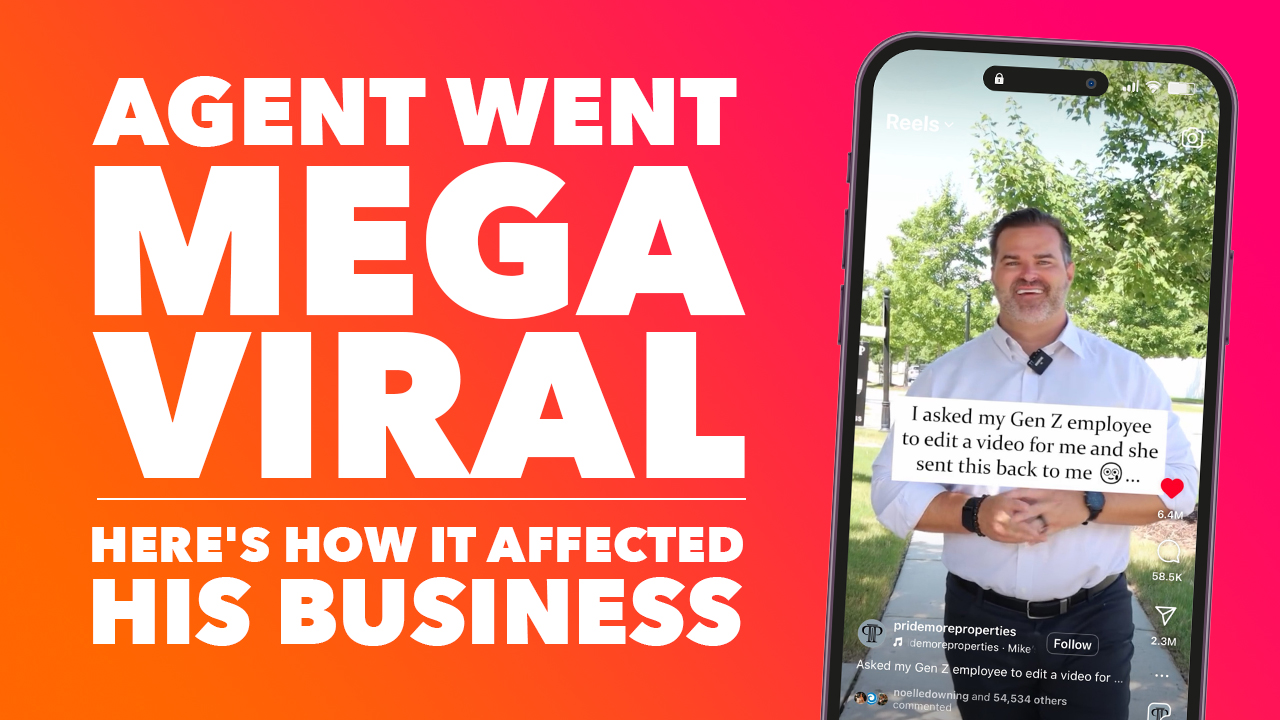For many real estate professionals, Zillow often seems to represent an existential threat to their businesses, and to the industry as a whole. The scale of their influence and impact, as well as their online dominance, have long been a source of frustration for agents and brokers. The launch of their iBuyer, Zillow Offers, in 2018 was seen as an aggressive incursion into the transaction process and a potential end to business-as-usual.
What a difference three years makes. After an aggressive buying campaign beginning this past summer, Zillow announced that it would halt buying temporarily. This was followed by the announcement that it would be permanently shuttering its Zillow Offers iBuyer service.
What happened to Zillow Offers?
There are a variety of theories about what exactly caused the end of Zillow Offers. Here are the most popular ones:
- The Flawed Zillow Zestimate: Real estate agents have always made jokes and shared memes about the inaccuracy of the Zillow Zestimate. Since real estate investment is a relatively low-margin proposition, even the smallest errors in valuation would be amplified by the huge scale of Zillow’s purchases.
- Market cooling: Like many other iBuyers, Zillow halted iBuying at the beginning of the pandemic, just when the market began its unprecedented hot streak in markets all over North America. By the time they came back big in mid-2021, the market was starting to cool and growth potential was starting to stall.
- Zillow had a one-size-fits-all exit strategy: Most investors have a variety of exit strategies for the homes they buy, from wholesale to flips to buy and hold for short-term or long-term rental. Zillow seemed to be constrained to a single strategy—buy low, sell high—with a cookie-cutter approach that allowed little room for adjusting to local needs and conditions. In addition, workforce and supply chain shortages made it difficult to flip homes and get them ready for market with needed repairs, updates, and upgrades.
Ultimately, no one element led to Zillow’s downfall. The combination of factors, however, contributed to hundreds of millions of dollars in losses, both in the value of its portfolio and in its share price.
What does this mean for other iBuyers?
Those hoping that the end of Zillow Offers would be the death knell for other iBuyers are probably doomed to be disappointed. The strategy behind iBuying is not new, it’s essentially what every “We Buy Ugly Houses” investor is doing, just on a larger scale.
iBuyers who wish to avoid Zillow’s fate would do well to diversify their exit strategy and take a careful look at the conditions in the markets where they operate. In addition, they may need to become more discerning about which homes qualify for their programs and slow the pace of their purchases.
How can agents answer client questions about iBuyers?
While many real estate agents see the end of Zillow Offers as a hopeful sign for the industry, others have successfully incorporated iBuyers as a legitimate part of the service they provide to their clients. In either case, it is important to know how to talk to clients about the potential and pitfalls of an iBuyer transaction in order to ensure that you are providing the most comprehensive service possible.
Here are some of the questions your clients may be asking, and how to answer them.
1. Is an iBuyer still a possibility for selling my home?
There are still plenty of investors operating, including large iBuyer services. For homeowners, the key is knowing what their goals are and whether they are better served by an investor or by a sale on the open market.
For homeowners who need to maximize profitability, including those with little equity in their home or who need to generate significant profit to purchase their next home, a traditional home sale offers more flexibility and more profit potential. However, It may take longer and require an outlay of money for staging, repairs, and other make-ready items.
For homeowners who need to move quickly, an iBuyer or investor may be a better choice. This is especially true for those who have significant equity in their home, are selling an inherited or investment property, or need to move quickly for a job relocation or life change.
2. What does the end of Zillow Offers mean for my home’s value?
The impact of the sale of the Zillow Offers inventory will vary depending on a couple of factors. First, Zillow Offers did not have an equal presence in all US markets, so much will depend on the number of Zillow-owned properties in your local area.
Second, Zillow has not yet announced how it will sell off its existing home inventory. It may sell many homes to other iBuyers and investors rather than on the open market. This would help to delay the negative impact of too many new homes hitting the market at once.
3. As an investor, what can I learn from the end of Zillow Offers?
The biggest takeaways for investors are the following:
- Understand your exit strategy or develop a variety of exit strategies appropriate for your portfolio and financial position.
- While leverage is good, overextending yourself makes you vulnerable to small shifts in the market and can ultimately undo even the best-laid plans.
- Ongoing expert valuation, especially in a time of fluctuating or rapidly rising home prices, is an essential part of accurately gauging your investment strategy. Revisit your portfolio’s value on a consistent basis and understand the market conditions that can impact it both short-term and long-term.
The good news is that a trusted real estate professional is the person best qualified to help answer these questions for buyers, sellers, and investors. Rather than seeing the end of Zillow Offers as a return to business-as-usual, see it as a springboard for adding value and service, providing informational content, and offering meaningful insight to your sphere of influence.


















